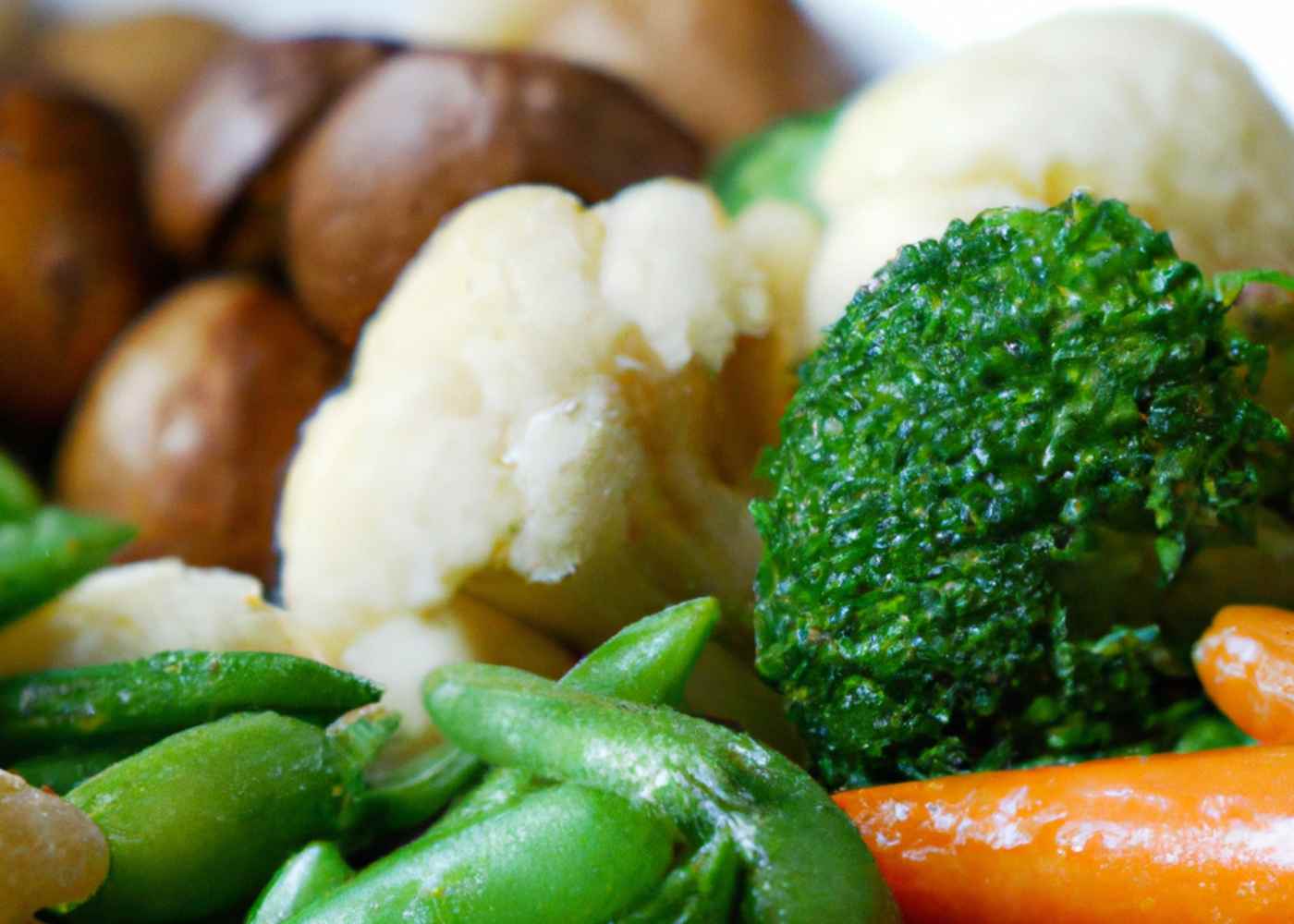
Building stronger muscles requires more than just hitting
the gym regularly - it also means fueling your body with the right nutrients.
One key component of muscle growth is protein, which is essential for repairing
and building muscle tissue. In this blog post, we will explore some of the top
foods, in particular high protein foods for muscle building that can help
you build stronger muscles and achieve your fitness goals. Whether you prefer
lean meats, plant-based proteins, or dairy products, there are plenty of
options to choose from to support your muscle-building journey. Read on to
discover the essential foods for building stronger muscles.
Top Protein Sources for Muscle Growth
When it comes to building stronger muscles, incorporating
high-quality protein sources into your diet is essential. Here are some top
protein sources that can help support muscle growth:
1. Chicken: Chicken breast is a lean protein source that is
versatile and can be easily incorporated into various meals.
2. Turkey: Turkey is another lean meat option that is rich
in protein and low in fat, making it ideal for muscle building.
3. Beef: Lean cuts of beef, such as sirloin or tenderloin,
provide a substantial amount of protein and essential nutrients for muscle
repair.
4. Salmon: Fatty fish like salmon are not only high in
protein but also contain omega-3 fatty acids that can support muscle recovery.
5. Tuna: Tuna is a low-calorie protein source that is convenient
and can be included in salads or sandwiches for a quick muscle-boosting meal.
6. Lentils: Legumes like lentils are a plant-based protein
option that is also high in fiber, aiding in digestion and overall muscle
health.
7. Chickpeas: Chickpeas, also known as garbanzo beans, are
another plant-based protein source that can be used in salads, soups, or
homemade hummus for muscle building.
Benefits of Including Lean Meats in Your Diet
Lean meats offer a good source of protein without excess
saturated fats. Turkey and chicken are lean meats that can aid in muscle
recovery and growth. Incorporating lean cuts of beef can provide essential
nutrients for muscle repair.
Here are the benefits of including lean meats in your diet:
1. High-Quality Protein: Lean meats provide essential amino
acids for muscle growth and maintenance.
2. Weight Management: Lean meats are low in fat and
calories, supporting weight loss and management.
3. Improved Heart Health: Lean meats reduce the risk of
heart disease by lowering cholesterol and blood pressure.
4. Reduced Risk of Chronic Diseases: Lean meats contain
antioxidants and other nutrients that reduce the risk of chronic diseases like
cancer and diabetes.
5. Enhanced Nutrient Profile: Lean meats are rich in
vitamins B12 and B6, iron, and zinc, essential for healthy red blood cells and
immune function.
Plant-Based Protein Options for Building Muscle
When it comes to building muscle, you don't have to rely
solely on animal-based protein sources. Plant-based options can also provide
the necessary nutrients for muscle growth. Here are some plant-based protein
options to consider:
1. Quinoa
Quinoa is a complete protein source, meaning it contains all
nine essential amino acids that your body needs for muscle building and repair.
It's also high in fiber, making it a great addition to your muscle-building
diet.
2. Tofu
Tofu, made from soybeans, is a versatile plant-based protein
option. It's rich in protein and can be used in a variety of dishes to help you
meet your muscle-building goals.
3. Nuts and Seeds
Almonds, chia seeds, and other nuts and seeds are packed
with protein and healthy fats, making them excellent options for building
muscle. Incorporate them into your meals or snacks for a nutrient boost.
4. Soy Products
Soy products like tempeh and edamame are rich in protein and
can be valuable additions to a muscle-building diet. They also provide other
nutrients like iron and calcium to support overall health.
Incorporating Dairy Products into Your Muscle-Building Diet
- Dairy products like Greek yogurt and cottage cheese are
rich in protein for muscle repair.
- Milk provides a good source of casein protein, which aids
in muscle recovery.
- Cheese and whey protein powder are convenient options for
increasing protein intake.
The Importance of Eggs in Muscle Recovery
Eggs are a popular choice for muscle recovery after a
workout, and for good reason. Here's why they're so beneficial:
1. High-quality protein: Eggs are a complete protein,
containing all nine essential amino acids your body needs to build and repair
muscle tissue. One large egg packs about 6 grams of protein.
2. Leucine content: Leucine is a branched-chain amino
acid (BCAA) that plays a key role in initiating muscle protein synthesis, which
helps repair and rebuild muscle after exercise. Eggs are a good source of
leucine.
3. Other nutrients: Eggs contain more than just protein. The
yolk is rich in vitamins and minerals that support overall health and recovery,
including vitamin D for bone health and B vitamins that can help reduce muscle
fatigue.
Here are some additional points to consider:
- Whole eggs vs. egg whites: While egg whites are a
good source of protein, consuming the whole egg provides additional benefits
from the yolk's nutrients. Studies suggest whole eggs might be more effective
for muscle repair than just egg whites.
- Post-workout timing: Aim to consume your post-workout meal
or snack with eggs within 30 minutes to two hours after exercise to maximize
muscle protein synthesis.
Overall, eggs are a convenient, affordable, and nutritious
option to support muscle recovery after your workout.
Nutrient-Rich Foods to Enhance Muscle Strength
Include fruits and vegetables rich in vitamins and minerals to support muscle function
Adding fruits like berries, bananas, and oranges can provide
essential vitamins and antioxidants for muscle repair and growth. Vegetables
such as spinach, broccoli, and sweet potatoes offer fiber and nutrients that
aid in muscle strength.
Whole grains like quinoa and oats offer energy for workouts and muscle development
Quinoa is a complete protein source and contains complex
carbohydrates for sustained energy during exercise. Oats are rich in fiber and
can help regulate blood sugar levels for optimal muscle performance.
Healthy fats from avocados and olive oil can aid in nutrient absorption for muscle strength
Avocados are packed with monounsaturated fats that support
heart health and muscle function. Olive oil is a source of omega-3 fatty acids
that reduce inflammation and promote muscle recovery after intense workouts.
Hydration and Muscle Building: Tips for Optimal Performance
Proper hydration is key to optimizing muscle function and
performance during workouts. Here are some essential tips to ensure you stay
hydrated for optimal muscle building:
1. Drink Plenty of Water
Water is essential for maintaining proper muscle function
and preventing dehydration. Aim to drink at least 8-10 glasses of water per
day, and even more if you are engaging in intense physical activity.
2. Hydrate Before, During, and After Workouts
Before your workout, drink about 16-20 ounces of water to
ensure you are well-hydrated. During your workout, sip on water regularly to
replenish fluids lost through sweat. After your workout, continue to hydrate to
aid in muscle recovery.
3. Consider Electrolyte-Rich Beverages
Electrolytes are crucial for muscle function, especially
during intense exercise. Consider incorporating electrolyte-rich beverages like
coconut water or sports drinks to replenish electrolytes lost through sweating.
4. Monitor Your Urine Color
One way to gauge your hydration levels is by monitoring the
color of your urine. Clear or light yellow urine indicates proper hydration,
while dark yellow urine may signal dehydration.
5. Listen to Your Body
Pay attention to your body's cues for thirst and hydration.
If you feel thirsty, that is a sign that your body needs more fluids. Listen to
your body and drink water accordingly.
By following these hydration tips, you can ensure that your
muscles are well-supported for optimal performance and growth during your
workouts.
Conclusion
Incorporating a variety of high-protein foods into your diet
is essential for building stronger muscles. Lean meats, plant-based protein
sources, dairy products, eggs, and nutrient-rich foods all play a vital role in
supporting muscle growth and recovery. Ensuring proper hydration is also key
for optimal performance during workouts. By including these essential foods and
staying hydrated, you can enhance muscle strength and achieve your fitness
goals more effectively. Remember, consistency and balance in your diet are
essential for long-term muscle-building success.



















